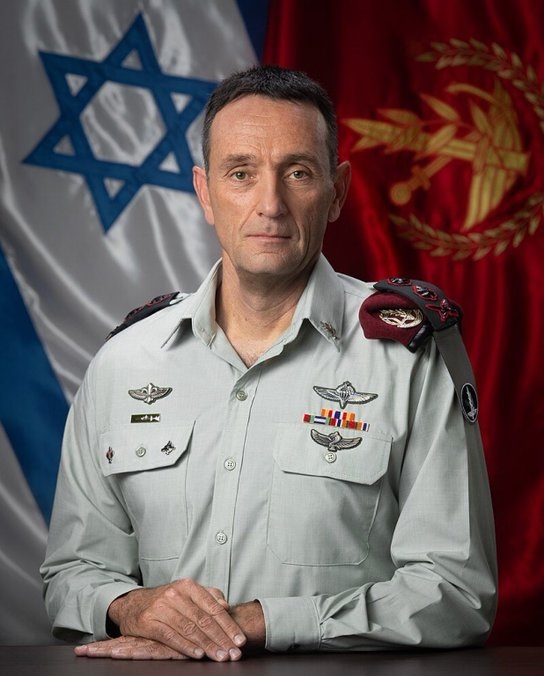Reports have emerged suggesting that Herzi Halevi, the Israeli Army Chief of Staff, has been assassinated. However, officials have not confirmed this information, and details surrounding the incident are still unfolding.
Herzi Halevi, born in 1967, has enjoyed a long and distinguished career in the Israel Defense Forces (IDF). In January 2023, he became the Chief of General Staff, commanding Israel’s military forces during a particularly tense period. This period has seen ongoing conflicts with Hamas, Hezbollah, and escalating tensions with Iran. His military career spans several decades, featuring leadership roles across various sectors of the Israeli armed forces. These include elite units like Sayeret Matkal, the IDF’s special forces, and Aman, Israel’s military intelligence.
Halevi has built a reputation as a calm and strategic leader. He aimed to balance military operations with diplomatic efforts, particularly in managing Israel’s relationships with neighboring Arab countries after the Abraham Accords. He also led preparations for multi-front warfare. This involved addressing growing threats from northern fronts, such as Hezbollah in Lebanon and Syria, as well as southern fronts like Hamas in Gaza.

Initial reactions to Halevi’s reported assassination have caused shockwaves throughout Israel. The country prides itself on its tight security infrastructure. If this report is confirmed, it would represent a significant breach in Israeli security. It would also be a substantial blow to the IDF’s leadership during a volatile time in the Middle East.
The identity of the perpetrator or group responsible for the alleged assassination remains unknown. Speculation may arise, linking various regional actors or terrorist organizations to the event, given Israel’s strained relationships with multiple factions in the area. Such an incident could increase regional tensions and provoke military responses from Israel, depending on the circumstances.
In response to this potential incident, Israel might adopt heightened security measures both domestically and at its borders. The assassination of such a high-profile military leader could also trigger broader international concerns about stability in the Middle East. If linked to wider geopolitical rivalries involving Iran, Hezbollah, or other non-state actors, the situation could escalate quickly.
As the situation develops, analysts will closely monitor the reactions from various stakeholders, including Israel, regional players, and international powers. The implications of this event could reverberate throughout the region, influencing military strategies and diplomatic relations. A confirmed assassination would undoubtedly alter the security landscape in Israel and the broader Middle East.




